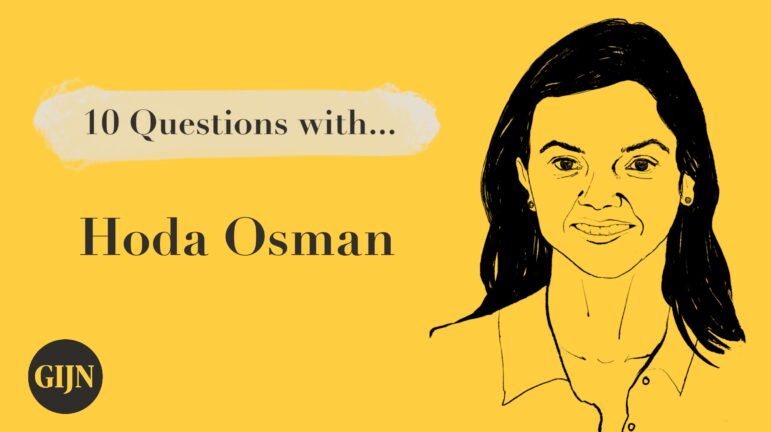
10 Questions
Straddling Two Worlds as an Investigative Journalist: ARIJ’s Hoda Osman
Hoda Osman, executive editor at Arab Reporters for Investigative Journalism (ARIJ), discusses how she still covers the region while based in the US.

Hoda Osman, executive editor at Arab Reporters for Investigative Journalism (ARIJ), discusses how she still covers the region while based in the US.
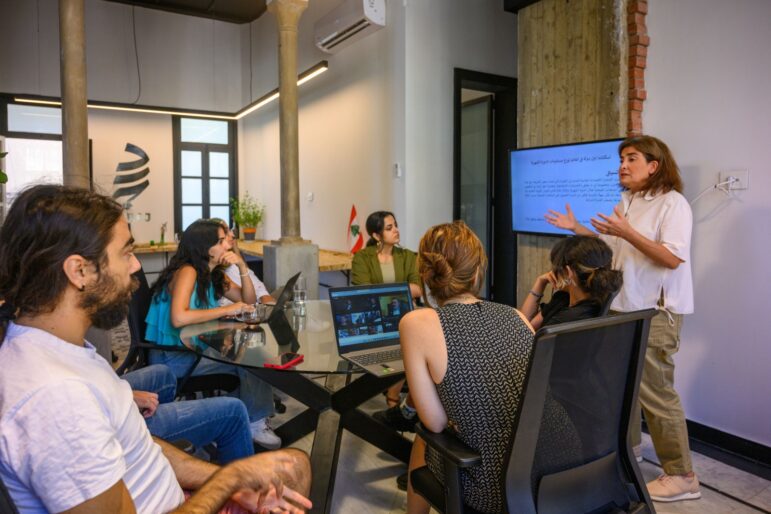
Daraj co-founder Diana Moukalled discusses the outlet’s origins in Lebanon, its impact, its funding, and reporting on women’s rights and corruption across the Middle East.
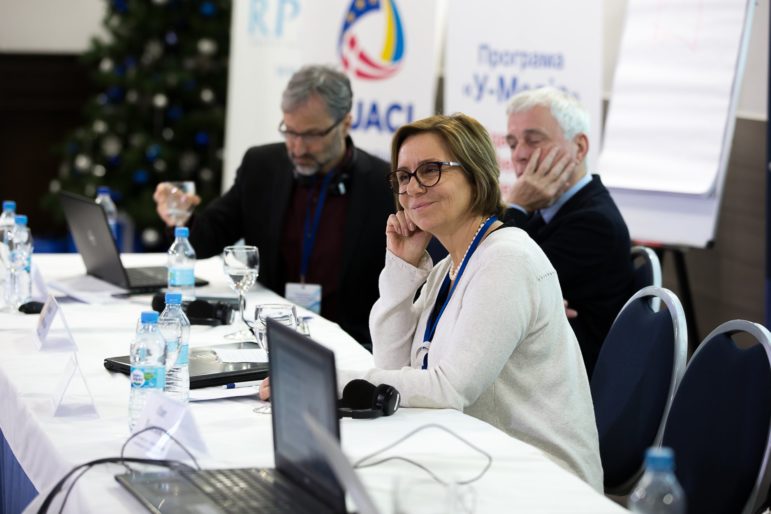
After 14 years at the helm of the Arab world’s leading network of investigative journalists, Rana Sabbagh reflects on what she’s learned and offers advice to investigative reporters, in a farewell letter to Arab Reporters for Investigative Journalism.
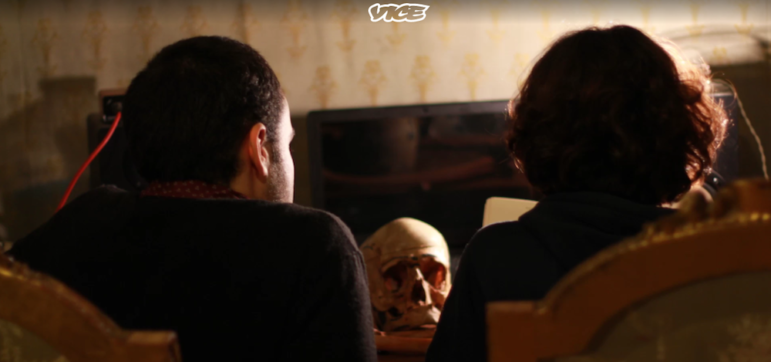
As VICE weathers through cutbacks, VICE Arabia is betting on investigative journalism to set it apart from the competition in Arabic-speaking countries. Its team’s first big scoop exposed a smuggling network that exhumed corpses to sell them to medical students, who needed them for their studies. VICE Arabia’s senior editor tells GIJN how they uncovered the story.
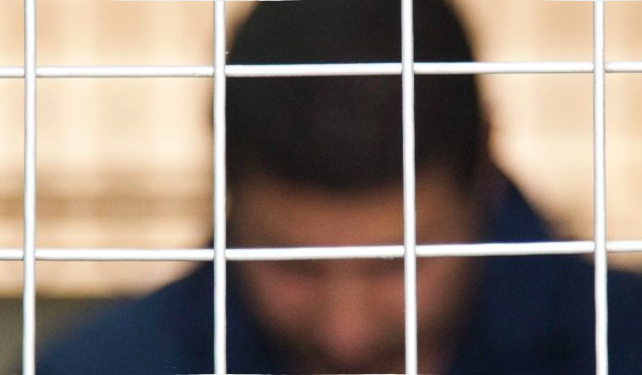
The Middle East is one of the most dangerous places in the world to be an investigative journalist. Which makes this list of top stories from 2017 by GIJN’s Arabic editor, Majdoleen Hassan, that much more impressive.
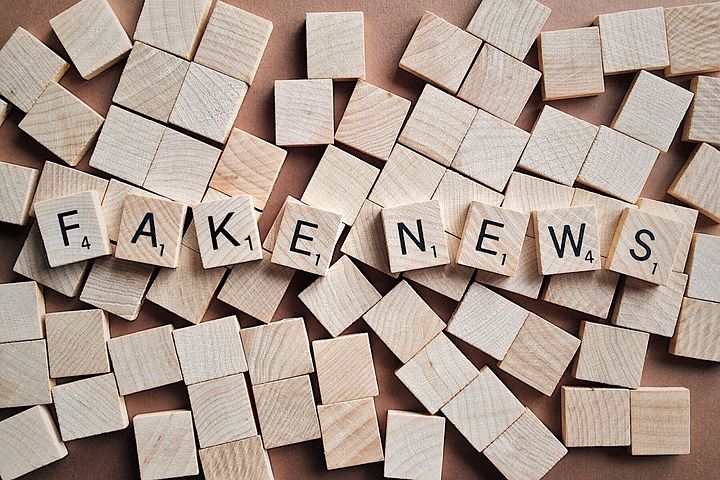
This week, some 400 Arab journalists will be meeting at Jordan’s Dead Sea for the 10th Annual Arab Investigative Journalism Forum. Rana Sabbagh writes about the Arab world’s fake news epidemic — and how some Arab journalists are fighting back.
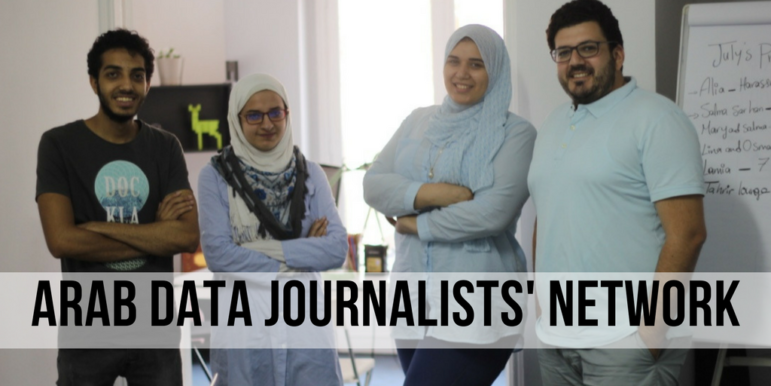
In 2012, Amr Eleraqi launched a data visualization website to introduce the concept of data visualization to the Arabic-speaking world. Earlier this year, Eleraqi and team of nine launched the first Arab Data Journalists’ Network. Here’s how the group plans on changing the data journalism scene in the region.
The ability to protect journalism sources in the digital age is rapidly deteriorating. Those are the conclusions of an important new study recently released by UNESCO. GIJN has excerpted key portions here, drawn from extensive research and interviews with investigative reporters, editors, legal experts and freedom of expression specialists from 17 countries.
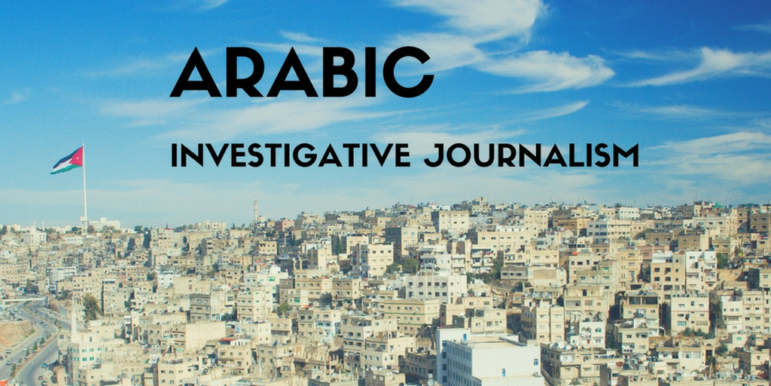
Some crucial stories have been uncovered by investigative journalists in the Arab world but they don’t get the attention – or the traction – they deserve. What they could use is some lessons in marketing.